The work is a study of various aspects of the structure of politics under Aurangzeb (1658-1707). The study begins with Aurangzeb’s political views in the light of his letters. The author goes on to discuss the political crisis faced by the Mughals in 1657-58. The issue of succession among Muslims in general and in particular among the Mughals occupies an important place in the Mughal history of the second half of the seventeenth century. The stability of any political system depends on the system of devolution of power. It is the unequal distribution of power which leads to social conflict, causing political and social instability. The following section, discussing Aurangzeb’s concept of sovereignty, this is seen to some extent to have been in consonance with traditional Mughal values but statements of Aurangzeb such as "When on the day of judgement my crimes are put before God, the crimes of the whole world will be torn". This makes him different from his ancestors who thought themselves perfect rulers. Then the author examines various aspects of Aurangzeb’s religious policy with special reference to Jizya. The succession crisis to the Gaddi in Marwar disturbed the whole region of Rajputana and led to other problems. Akbar had started the tradition of writing official history, but Aurangzeb discontinued this in his tenth regnal year. Nevertheless the second half of the 17 century is quite rich in histories written during this period. Aurangzeb also arranged the compilation of Fatawa-i-Alamgiri, which can be used as source to study regulations relating to revenue administration. Earlier historians have used poetry as historical data, but the author devotes a chapter as how poetry can be helpful for us to understand various aspects of life during the period of study.
Tarikh-I-Firoz Shahi
$63.00
$70.00

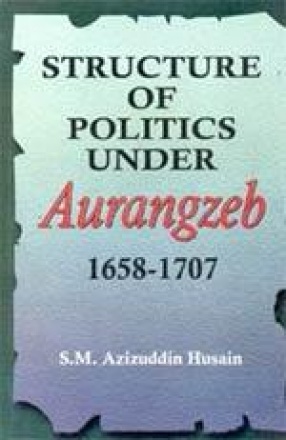
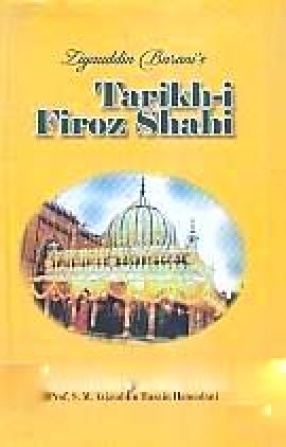
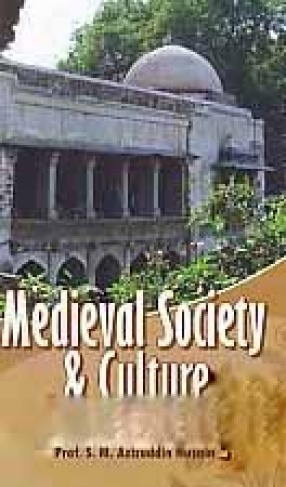
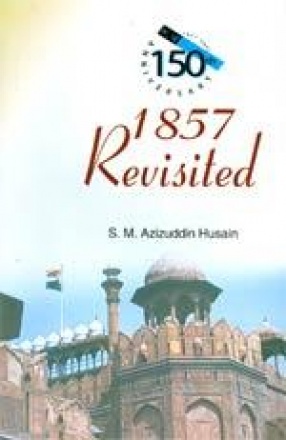
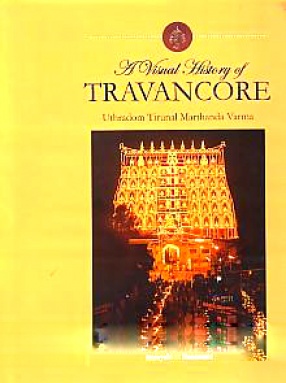
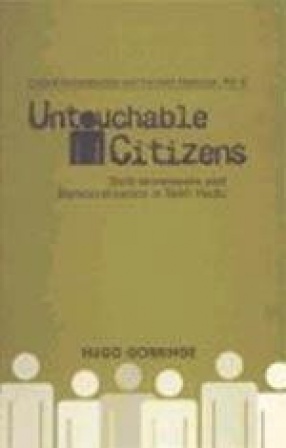
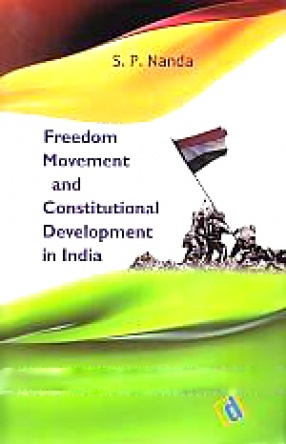
There are no reviews yet.